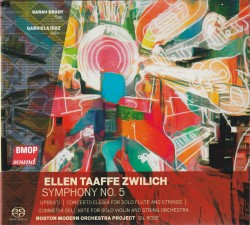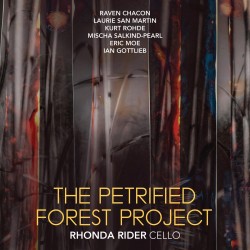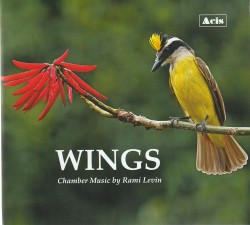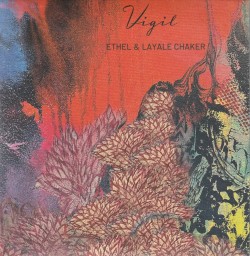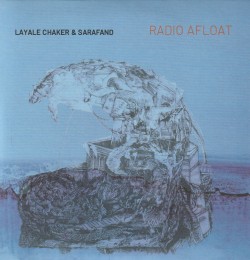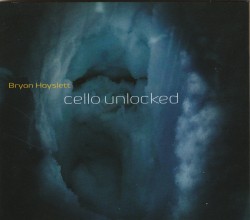Gilles Silvestrini: Oboe in Hues - Nermis Mieses
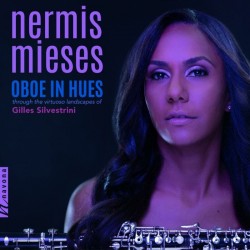 Gilles Silvestrini – Oboe in Hues
Gilles Silvestrini – Oboe in Hues
Nermis Mieses
Navona Records nv6638 (navonarecords.com/catalog/nv6638)
Nermis Mieses’ new album, Oboe in Hues, offers a fascinating and bold exploration of the oboe’s capabilities through five challenging solo works by French oboist-composer Gilles Silvestrini. With its focus on rarely-heard compositions, this album stands out as a celebration of both the instrument and its performer.
Silvestrini’s compositions push the oboe to its limits, incorporating techniques that evoke harp and piano sounds, mimic bird calls and explore extreme registers. These elements, coupled with note bends, flutter tonguing and multiphonics, provide a rich and varied sonic palette. Mieses, a Puerto Rican-American oboist known for her artistry and virtuosity, rises to the challenge with a performance that is both technically impressive and emotionally resonant.
The album opens with Les Lusiades, a piece inspired by Luís de Camões’ 1572 poem and intended as an opera for solo oboe. Mieses adeptly contrasts different characters and paints vivid imagery with her clear articulations and warm, mellow tone. Her ability to shift seamlessly between expressive passages and advanced techniques brings the work’s dramatic intent to life.
In Horae Volubiles Silvestrini draws inspiration from Stefano da Verona’s painting La Vierge à la rosaire. Mieses brings this experimental work to vivid life through modern techniques and mournful legato lines. Cinq Études Russes offers a unique homage to five iconic Russian composers: Shostakovich, Rachmaninoff, Prokofiev, Scriabin and Stravinsky. Each étude weaves melodies from these composers into its fabric, providing a rich and varied listening experience. Mieses’ interpretation brings out the distinct character of each piece, showcasing her ability to navigate complex and evocative musical landscapes. Six Études Pittoresques contrasts historical and literary figures and settings, from Genghis Khan’s cruelty against the pastoral Mongolian countryside to Hans Christian Andersen’s tales, and the compositional rivalry between Elgar and Britten. The breadth of these études pushes both the instrument and performer to their limits, and Mieses’ performance is nothing short of masterful.
Finally, Six Études pour hautbois, inspired by Claude Monet’s paintings, is Silvestrini’s most celebrated work among oboists. The impressionistic nature of these études, with their whole tone scales and evocative portrayal of waves, is brought to life with Mieses’ vibrant and technically assured playing.


